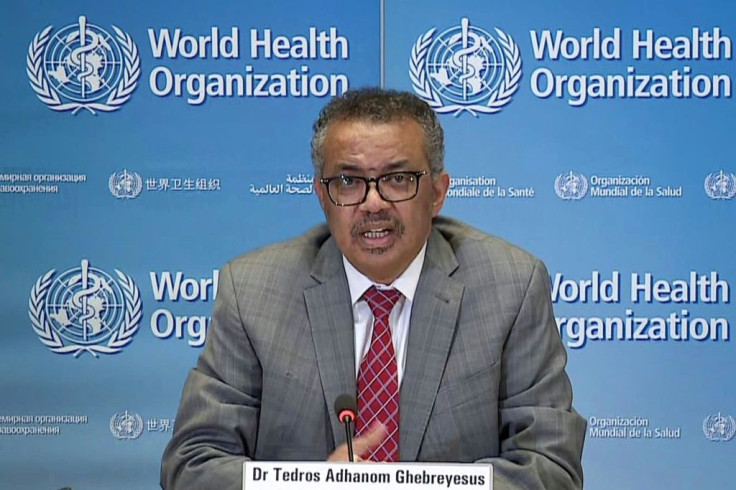WHO Chief Warns Poor Could Be 'Trampled' In Vaccine Push
The head of the World Health Organization warned Friday that the poor risk being "trampled" as wealthy nations roll out Covid-19 vaccines, which he said should be a public good.
Speaking at a virtual UN summit on the pandemic, WHO Director-General Tedros Adhanom Ghebreyesus said the world was seeing "light at the end of the tunnel" in the nearly year-long Covid crisis.
"But let me be clear. We simply cannot accept a world in which the poor and marginalized are trampled by the rich and powerful in the stampede for vaccines," Tedros said.
"This is a global crisis and the solutions must be shared equitably as global public goods. Not as private commodities that widen inequalities and become yet another reason some people are left behind," he said.
He also warned that the world has plenty of other challenges, saying: "There is no vaccine for poverty, no vaccine for hunger. There is no vaccine for inequality. There is no vaccine for climate change."

Britain has become the first Western nation to approve a vaccine for Covid-19, with the United States and other countries expected to follow soon and begin mass immunization drives.
A UN-backed COVAX consortium has been set up to provide vaccines equitably around the world.
The United States has been a notable holdout, with President Donald Trump attacking Tedros and moving to pull out of the World Health Organization, although President-elect Joe Biden plans to stay in the UN body.
Tedros, an Ethiopian doctor and diplomat, praised nations for providing free vaccines, tests and treatment for Covid-19 but questioned why similar efforts are not being devoted for earlier diseases such as cancer, tuberculosis or HIV/AIDS -- or for needs such as maternal health.
"The pandemic has only underlined why universal health coverage is so important," he said.
© Copyright AFP 2024. All rights reserved.





















